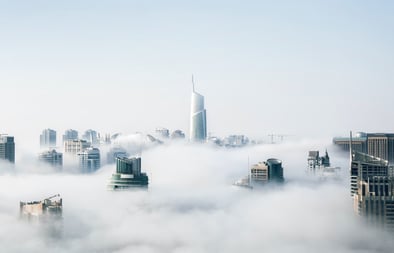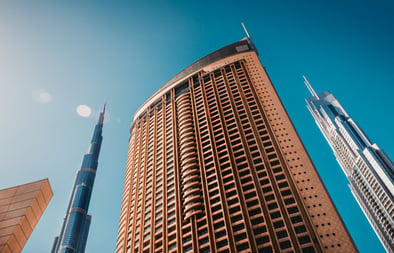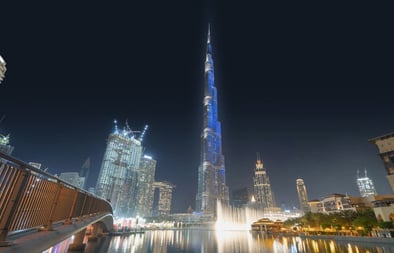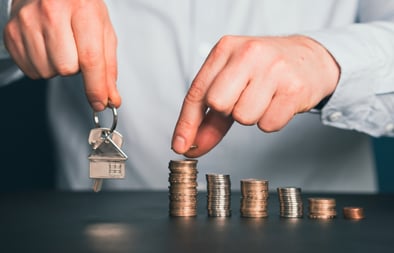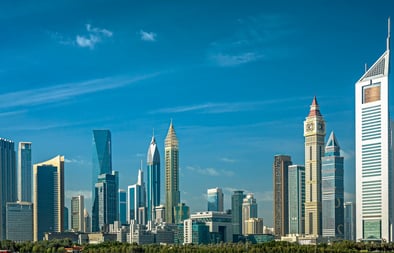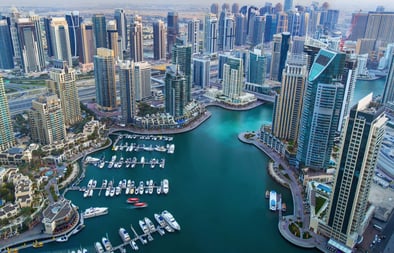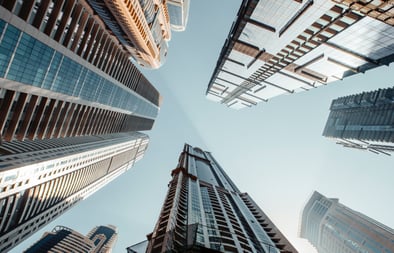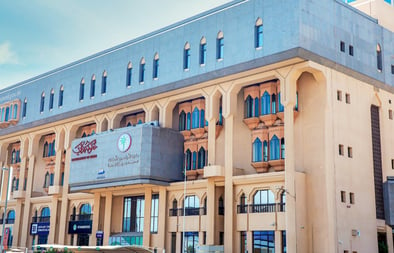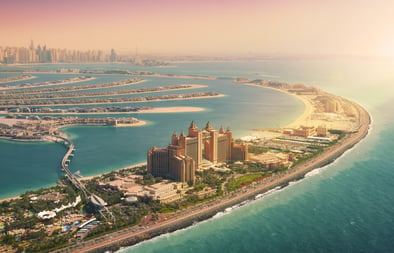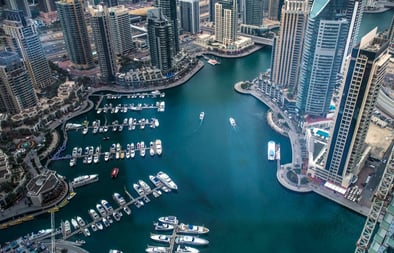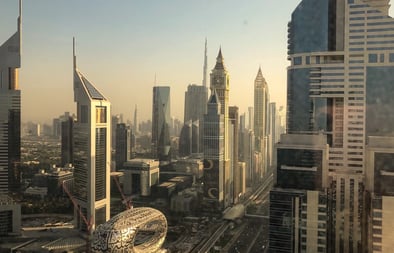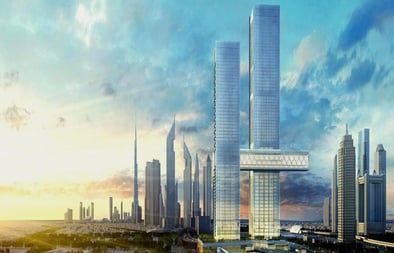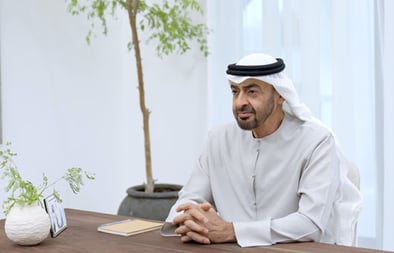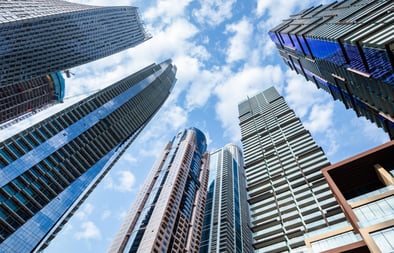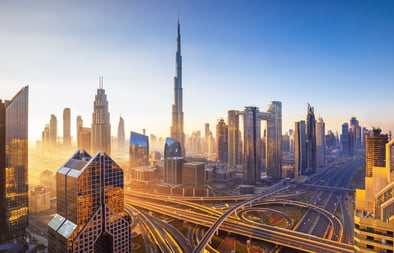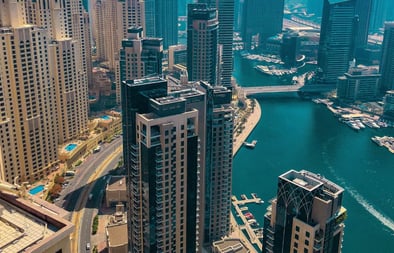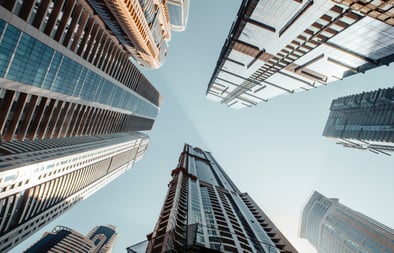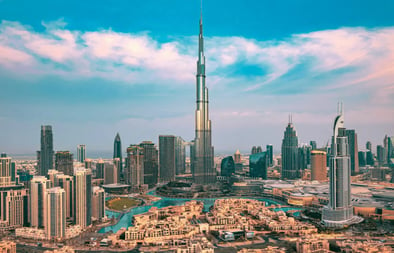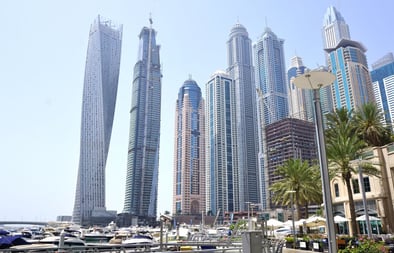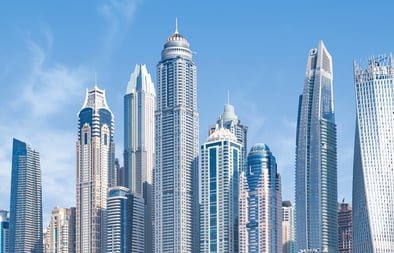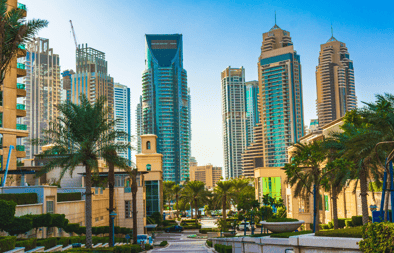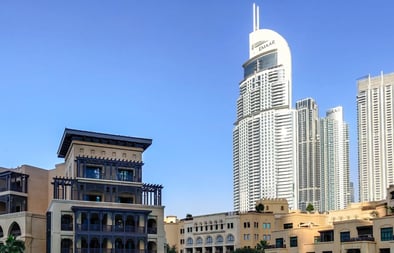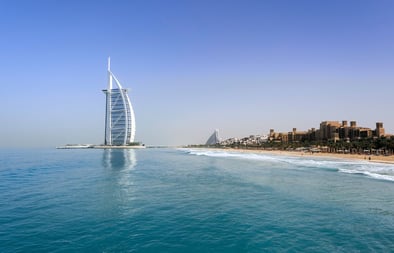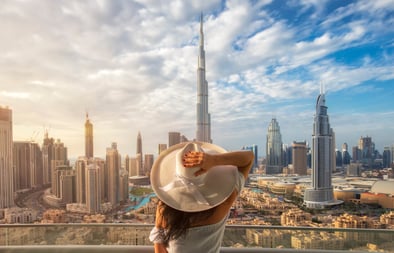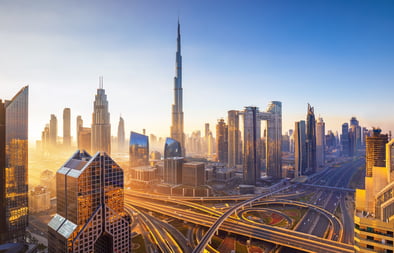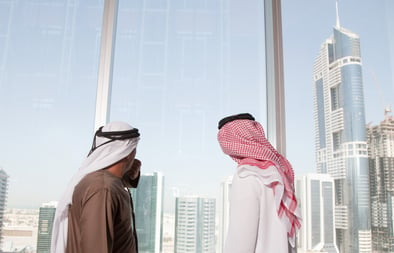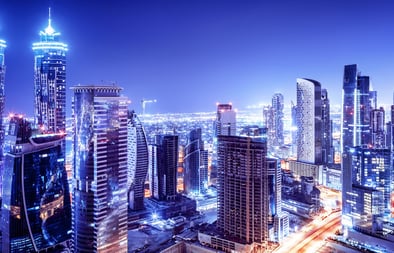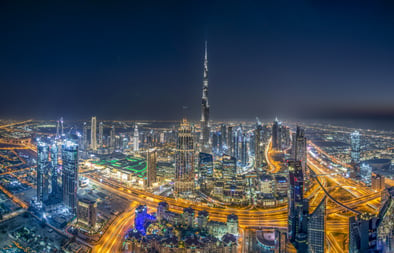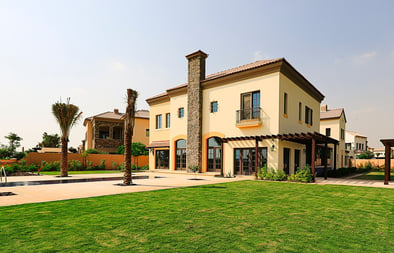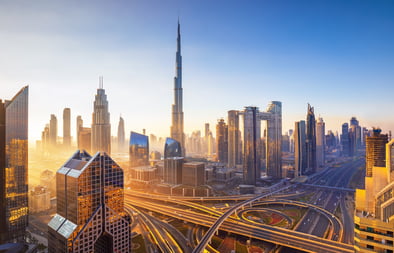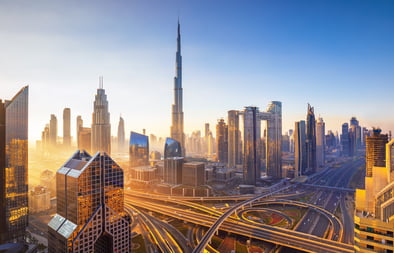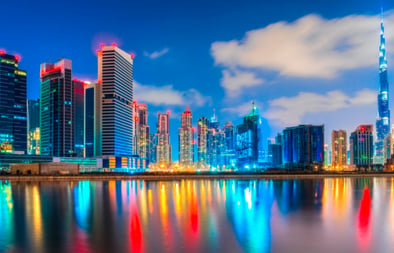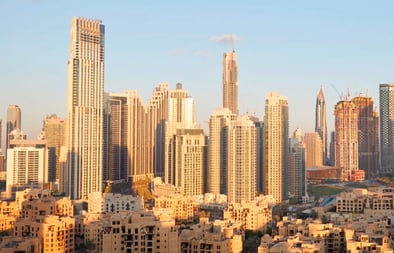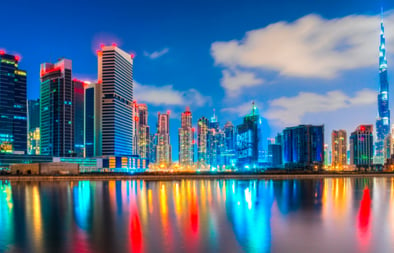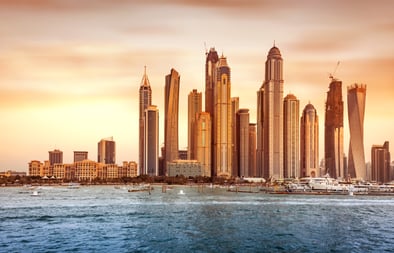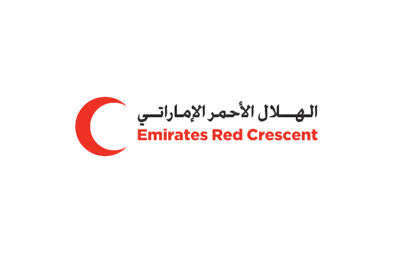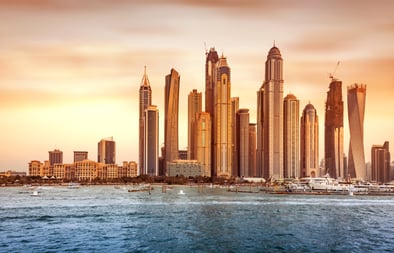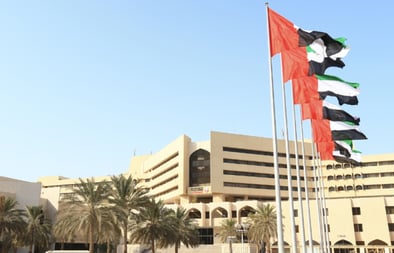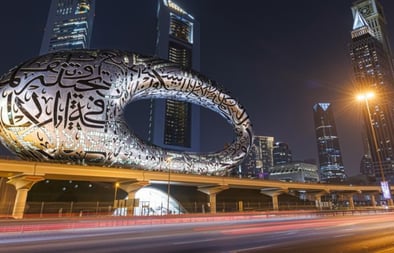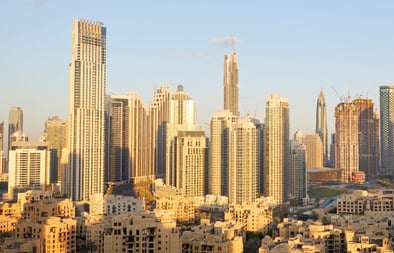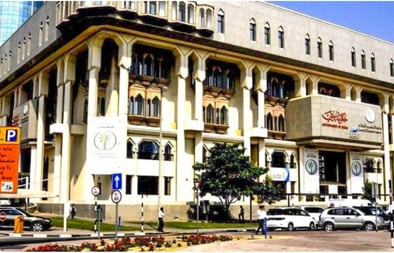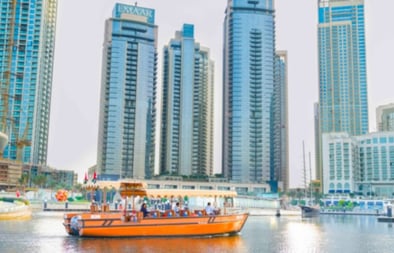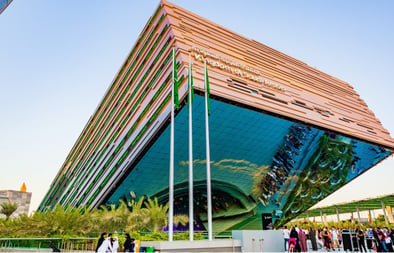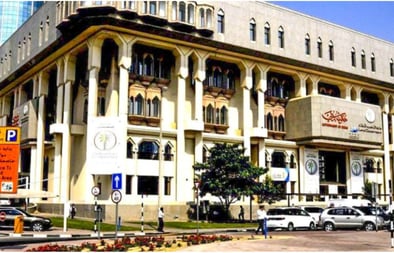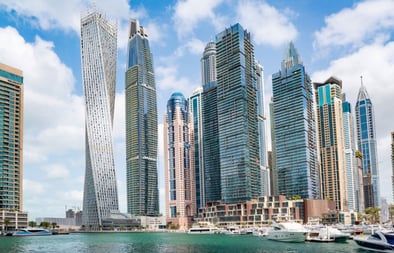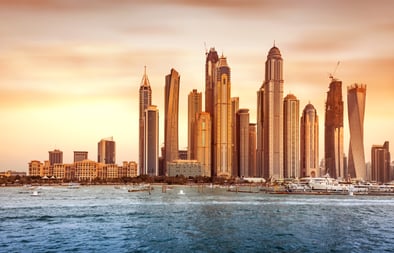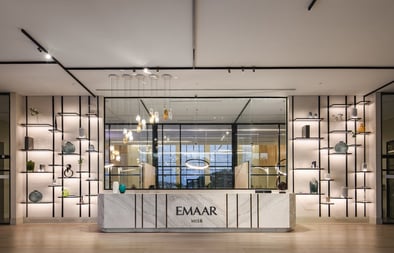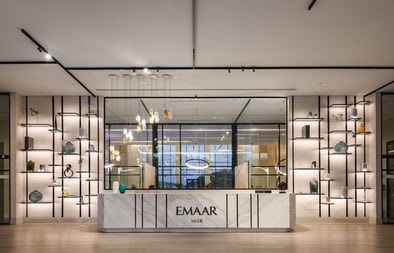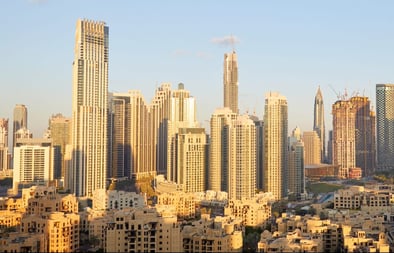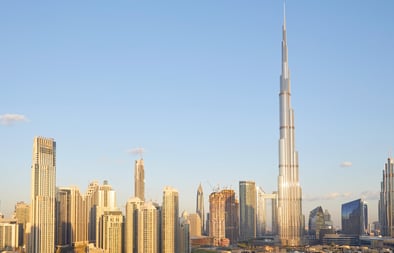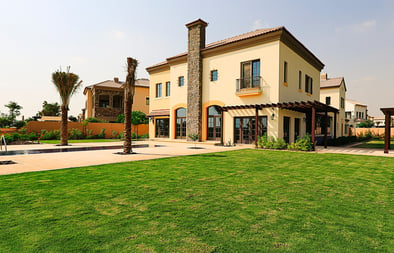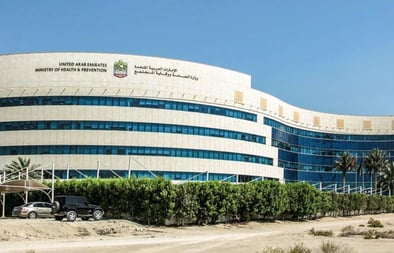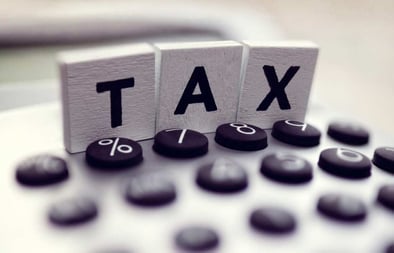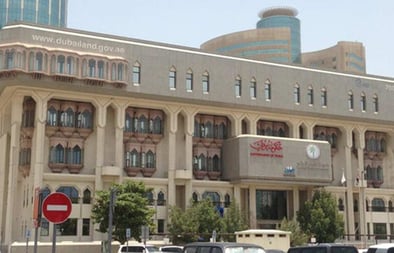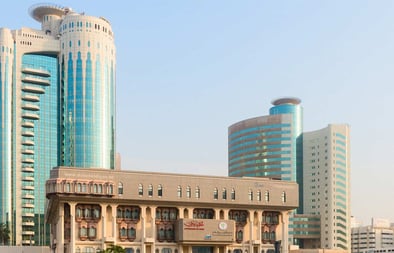
Dubai's real estate market is one of the most dynamic and rapidly growing in the world. It has undergone significant transformation over the past few decades and has emerged as a global destination for luxury real estate. The city's strategic location, modern infrastructure, and attractive tax policies make it an attractive destination for international investors.
Dubai's real estate market has a wide range of properties available, from luxury villas and apartments to commercial buildings and retail spaces. The city has also seen a surge in the development of mega-projects, such as the Burj Khalifa, the world's tallest building, and the Palm Jumeirah, the largest man-made island in the world. These projects have helped to increase the demand for real estate in Dubai and have attracted a significant amount of foreign investment.
Dubai's government has implemented several initiatives to attract foreign investment and promote growth in the real estate sector. One such initiative is the Dubai Land Department's "Investment Map," which provides investors with information on investment opportunities and regulations in the real estate sector. The government has also introduced several laws and regulations aimed at protecting investors and promoting transparency in the market.
Despite the recent economic challenges faced by the city, including the impact of the COVID-19 pandemic, Dubai's real estate market has remained resilient. The city's strong infrastructure and strategic location continue to attract investors from around the world, and the government's proactive measures to promote growth in the sector have helped to mitigate the impact of economic uncertainty.
Who is the regulatory body in Dubai & what do they do?
RERA, or the Real Estate Regulatory Authority, is a government entity in Dubai that was established in 2007 to regulate the emirate's real estate market. RERA is responsible for overseeing the registration and regulation of real estate brokers, developers, and other entities involved in the real estate industry. It also manages the Real Estate Regulatory Agency, which is tasked with implementing the regulatory framework for the sector.
Benefit #1
One of the key benefits of RERA for Dubai's real estate market is that it provides a transparent and regulated environment for investors and buyers. RERA enforces rules and regulations that promote transparency and accountability in the real estate industry, which helps to build trust between buyers and developers. For example, developers must register their projects with RERA and provide regular updates on the progress of the project to ensure that it is completed on time and to the expected standard.
Benefit #2
RERA also provides protection for investors and buyers through its dispute resolution mechanism. In the event of a dispute between a buyer and a developer, RERA acts as a mediator and works to resolve the issue in a fair and impartial manner. This provides buyers with an avenue for recourse if they feel that their rights have been violated, which helps to promote confidence in the real estate market.
Benefit #3
Another benefit of RERA is that it helps to prevent fraudulent practices in the real estate industry. RERA requires developers to provide proof of ownership and financial solvency before they can register their projects. It also requires real estate brokers to obtain a license and follow ethical and professional standards. These measures help to prevent unscrupulous entities from entering the market and help to promote a healthy and sustainable real estate industry in Dubai.
In summary, RERA is a key player in Dubai's real estate market, and its regulatory framework provides a transparent and regulated environment for investors and buyers. The benefits of RERA include promoting transparency and accountability, providing protection for investors and buyers, and preventing fraudulent practices in the real estate industry. These benefits have helped to build trust and confidence in Dubai's real estate market, making it an attractive destination for local and international investors.






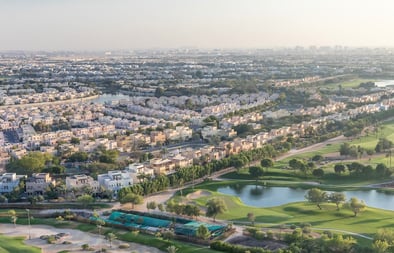
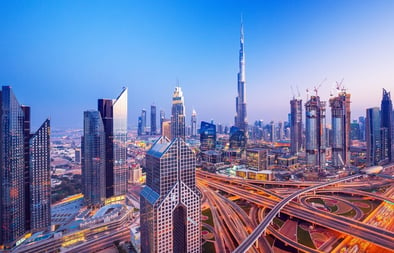
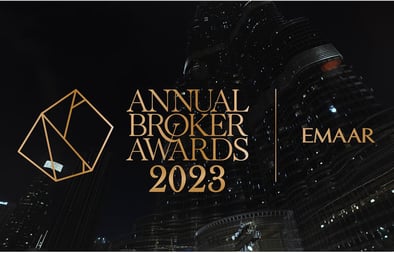

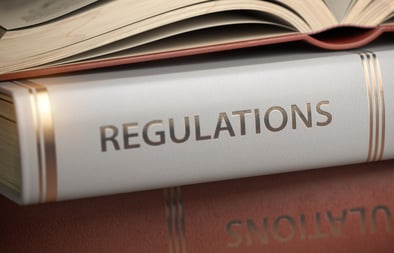

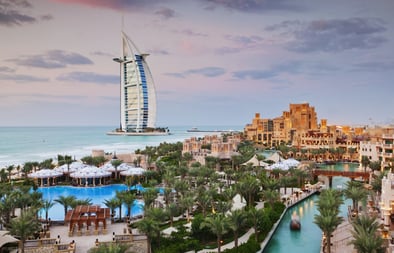


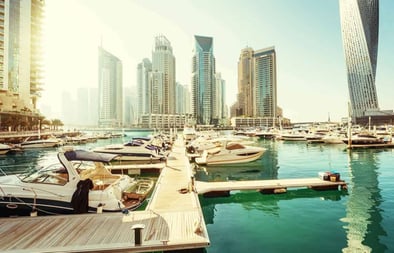
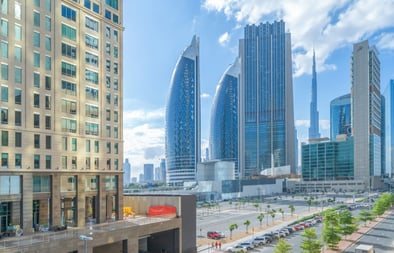
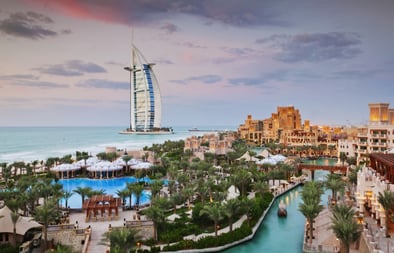

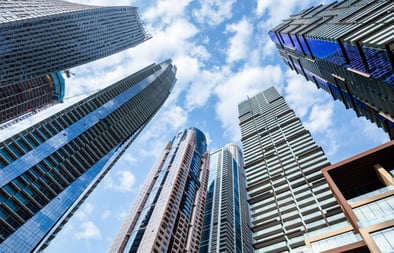

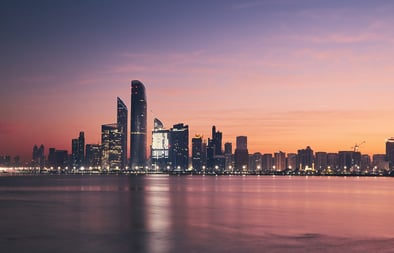




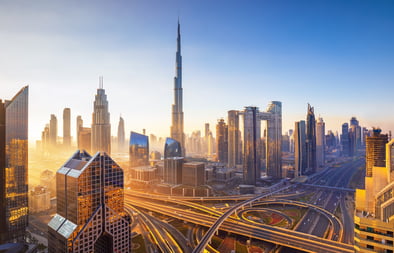
.jpg)
